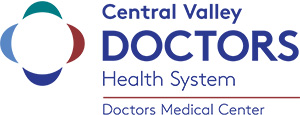Healthy Living
13 Common COPD Symptoms
Chronic obstructive pulmonary disease (COPD) is an umbrella term for various progressive diseases that cause airflow congestion and breathing difficulties. The Centers for Disease Control and Prevention says that about 16 million Americans suffer from COPD, although more undiagnosed and untreated individuals could have it as well.
Two of the main types of COPD are emphysema and chronic bronchitis.
What Are the Causes of COPD?
One of the main causes of COPD in the U.S. is smoking, whether the person smokes cigarettes, a pipe or other types of tobacco. Inhaling these (i.e., being a secondhand smoker) may also cause the disease.
Air pollution, inhaling dust or chemical fumes and long-term exposure to lung irritants may also lead to COPD. Other conditions, such as asthma and alpha-1 antitrypsin deficiency, may also cause COPD and lung damage.
What Are the Common COPD Symptoms?
COPD may not show signs or symptoms in the early stages. As it gets worse, the patient may experience the following COPD symptoms:
 Frequent flu, colds or a respiratory infection |
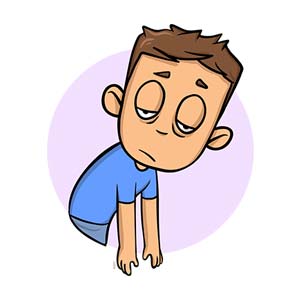 Low energy levels |
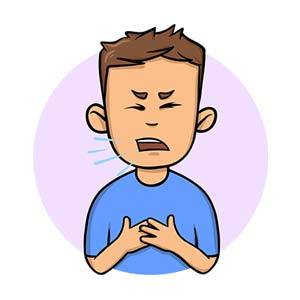 Persistent coughing that produces a lot of mucus |
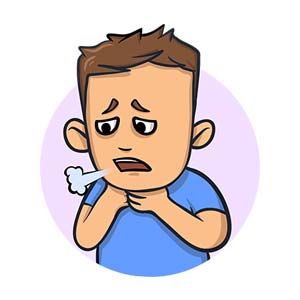 Shortness of breath, especially when exercising |
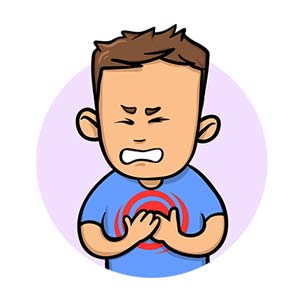 Tightness in your chest |
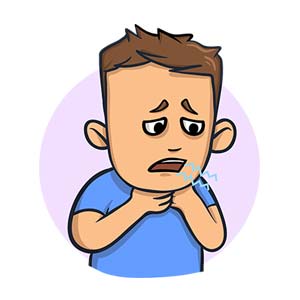 Whistling, squeaky sound or wheezing when you breathe |
Patients with more serious cases of COPD may also experience more severe COPD symptoms (some of which may require immediate medical attention) such as the following:
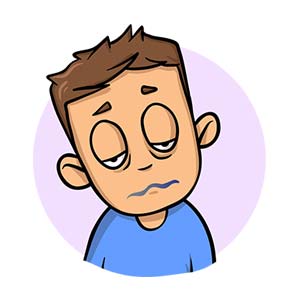 Blue or gray lips or fingernails (may indicate low oxygen levels in your blood) |
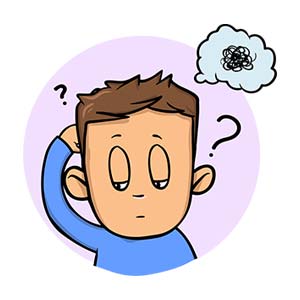 Decreased mental alertness |
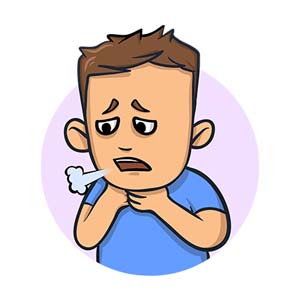 Difficulty in breathing |
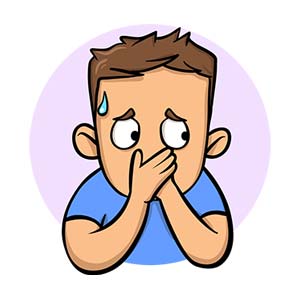 Difficulty in speaking |
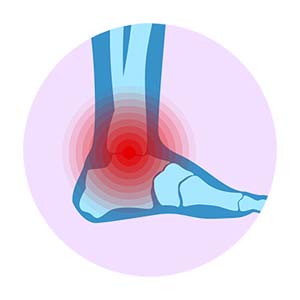 Swelling of the ankles, feet and/or legs |
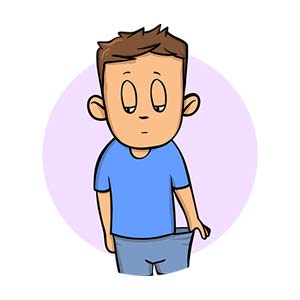 Weight loss |
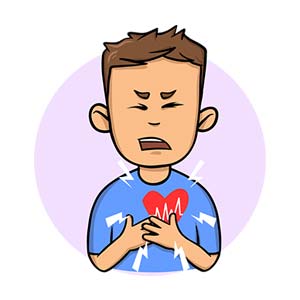 Very fast heartbeat |
How Do Physicians Diagnose COPD?
In order to diagnose COPD, your doctor will most likely ask about your symptoms, your medical history and your family’s medical history. Your doctor may also ask if you smoke or if you are regularly exposed to smokers, air pollution, dust or chemical fumes.
After that, your doctor may also conduct a physical test. Using a stethoscope, the doctor will check if there are abnormal sounds in your chest, whether it’s wheezing, whistling or a squeaky sound. Based on your initial assessment, your doctor may request other tests and screenings to confirm whether you have COPD or not. These tests may include the following:
- Spirometry test – helps measure how much air you exhale and how fast you release it.
- Arterial blood gas test – helps measure the level of oxygen in your blood.
- Chest X-ray or chest computerized tomography (CT) scan – helps the doctor see the structure of your heart, blood vessels and lungs, and it also shows signs of COPD in your chest.
What Are the Treatment Options for COPD?
There is still no cure for COPD, but doctors can help treat your symptoms, keep the disease from getting worse and improve your health so you can also stay physically active. Some of the treatment options that doctors recommend for COPD are as follows:
- Lifestyle changes (i.e., quitting smoking, avoiding secondhand smoking, consuming a healthy diet, engaging in physical activities that can help improve your breathing)
- Medications (i.e., bronchodilators, antibiotics, etc.)
- Oxygen therapy (if you have low oxygen levels in your blood)
- Pulmonary rehabilitation (which may include exercise programs, nutritional counseling, psychological counseling or disease management training)
- Surgery (i.e., lung transplant, removal of damaged lung tissue, removal of large air spaces, etc.)
Your Next Steps
If you or someone you know are experiencing the most common COPD symptoms, please schedule an appointment with a doctor as early as you can. While COPD usually progresses slowly, it can also get worse all of a sudden. For instance, a lung infection or flu may aggravate to chest tightness which could then lead to a life-threatening situation. In this happens, please call 911 immediately.
Every condition can take a toll on your overall health, especially for the long term, so please do not delay care. We’re here for you.
Sources:
Centers for Disease Control and Prevention
National Heart, Lung and Blood Institute
MedlinePlus
Healthline
